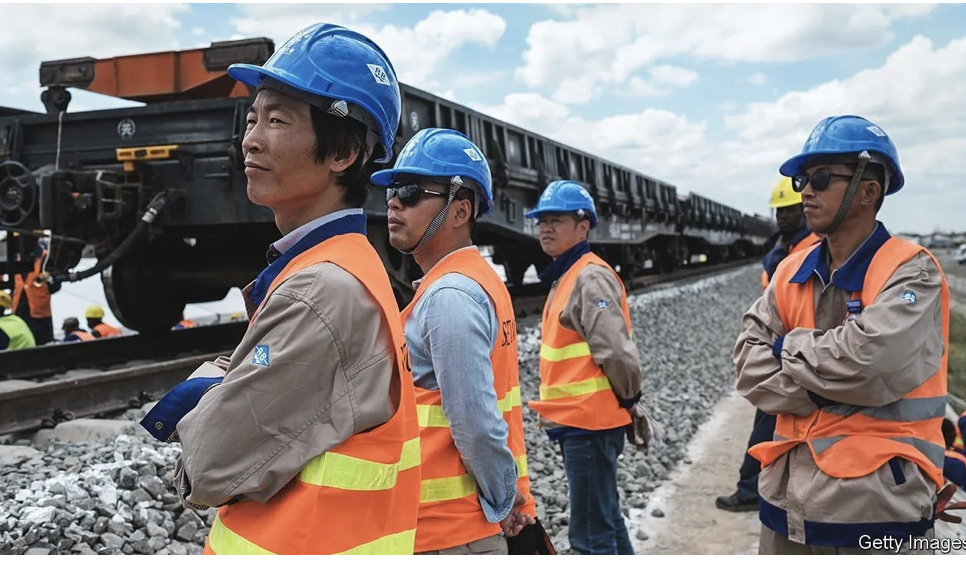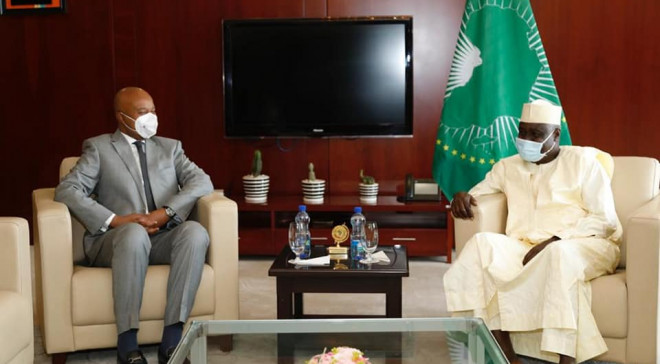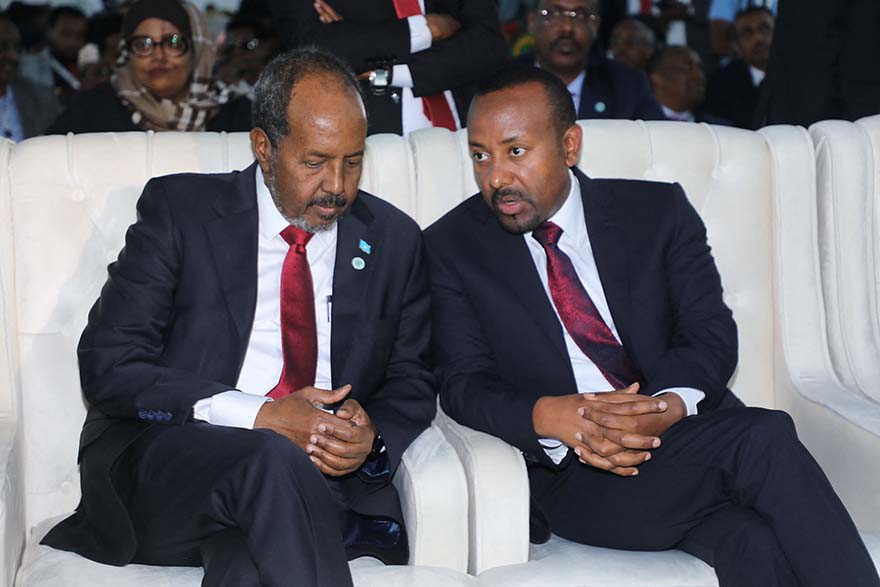When it comes to building big things in Africa, China is unrivalled, Beijing-backed firms have redrawn the continent’s transport map, Thanks to China’s engineers and bankers you can hop on a train in Lagos to beat the traffic to Ibadan, drive across parts of eastern Congo in hours rather than days or fly into any one of dozens of recently spruced-up airports from Zanzibar to Zambia. Throw in everything else from skyscrapers and bridges to dams and three dozen-odd ports and it all adds up to rather a lot of mortar…
It was not always so, In 1990 American and European companies scooped up more than 85% of construction contracts on the continent. Chinese firms did not even get a mention, Now Western firms are struggling to win business in a fast-growing market. (The World Bank predicts that demand for infrastructure spending alone will be more than $300bn a year by 2040.) Africa’s population is growing faster than that of any other continent, and Africans are moving to cities faster than people elsewhere. Both these trends will drive demand. The dragon’s share will be built by Chinese firms, which in 2020 were responsible for 31% of all infrastructure projects in Africa with a value of $50m or more, according to Deloitte, a consultancy. That was up from 12% in 2013. Western firms were directly responsible for just 12% or so (compared with 37% in 2013).
This remarkable turn of fortune for Western firms worries not only their shareholders but also their governments, which see China’s growing economic might in Africa as strengthening its strategic and diplomatic clout. Its Belt and Road Initiative (bri) finances ports, roads and other infrastructure, which makes Western generals anxious that China may open another naval base in Africa (it has one in Djibouti). Western governments also worry that Chinese investments in African mines will give it a stranglehold over strategic minerals, such as the cobalt used in electric cars. Of late America has put competing with China at the core of its foreign policy. It and Europe have been trying to offer African countries financing alternatives to the bri. At an eu-Africa summit on February 17th, European leaders were expected to outline plans to pour €150bn ($170bn) into African infrastructure.
Chinese lenders are pluckier than their Western rivals. Sometimes this borders on recklessness. When Uhuru Kenyatta, Kenya’s president, wanted $4.7bn to build a new railway which the World Bank warned would never turn a profit, Chinese lenders backed it. The railway has since lost more than $200m. Often, Chinese firms are tough negotiators. Several have struck resources-for-roads deals, such as those worth more than $1.1bn in Ghana and Guinea, where the loans are backed by bauxite. A study by AidData, part of William & Mary university, found that Chinese lenders routinely impose unusually tough conditions to ensure they are repaid.




